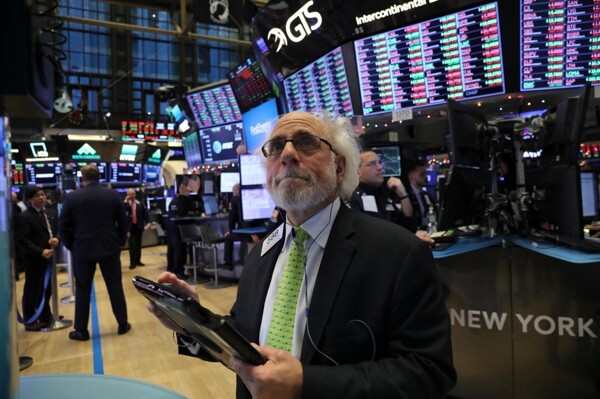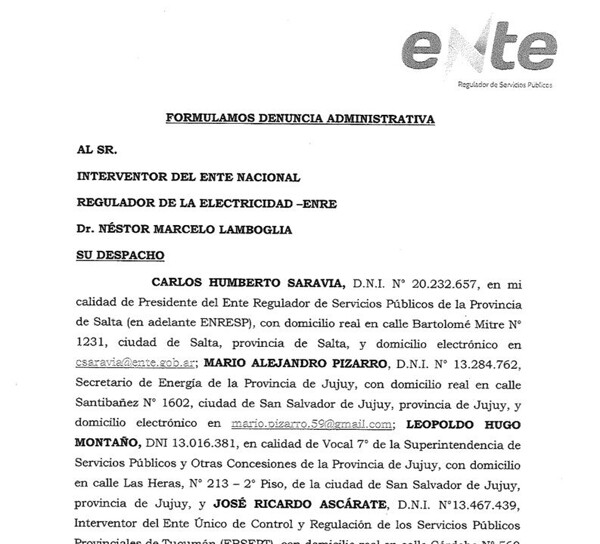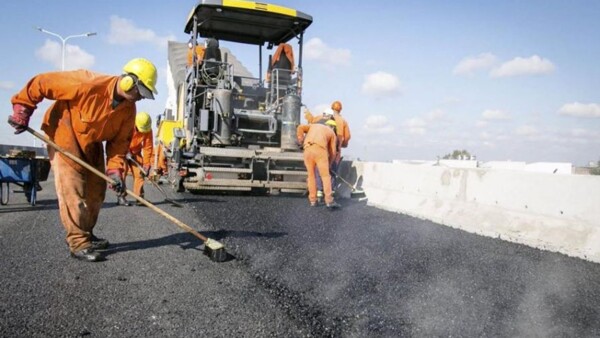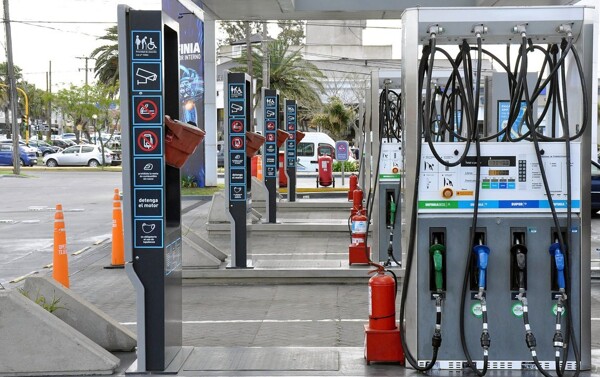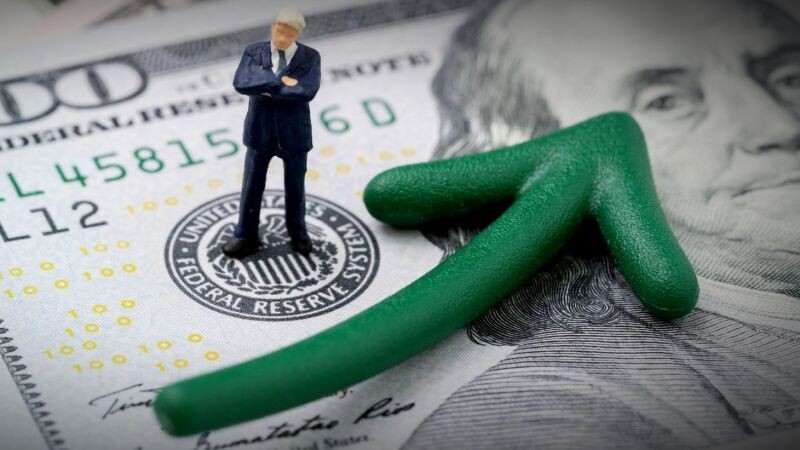
The reduction of the monthly advance rate of the official exchange rate from 2% to 1% since February has not had the expected impact on slowing down inflation. Although it was anticipated that this measure would help break through the 2% monthly barrier in inflation speed, data from private consulting firms suggests that the Consumer Price Index in February was higher than the 2.2% recorded in January. Economists point out that the slowing down may not yet have been fully felt and that its impact will be more evident in the coming months.
According to Domingo Cavallo, former minister, the reduction in the devaluation rate has not been sufficient to significantly decrease inflation according to private measurements, which place the range between 2.3% and 2.7% monthly. Analysts agree that the increase in inflation last month was mainly due to rises in food prices.
Some consulting firms, such as EcoGo, indicate that excluding certain products like meat, the variation could be around 1.8%. The reduction in the devaluation speed has not completely counteracted the effect of rising food prices on inflation development. Despite this, expectations remain for a slowdown in inflation, although March could see pressures especially in education.
Another group of economists believes that the exchange rate scheme has impacted prices, but factors such as acceleration in certain categories have blurred this effect at a general level. They expect that in March, the influence of the reduction in the devaluation rate on inflation will begin to be perceived more clearly, especially in areas like meat.
In summary, although the reduction in the devaluation rate has not had an immediate effect on slowing inflation, it is expected that it will manifest more clearly in the coming months. Economists view the trend towards a decrease in inflation speed optimistically, despite certain pressures in specific sectors such as education and transportation.











